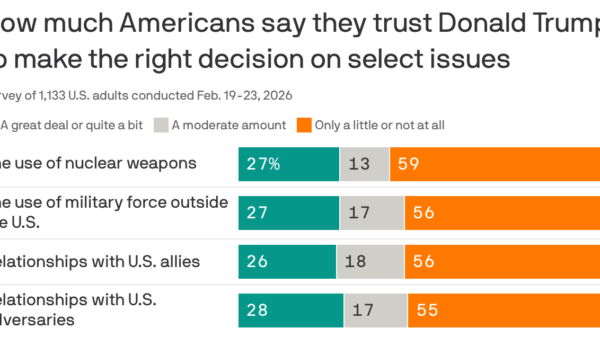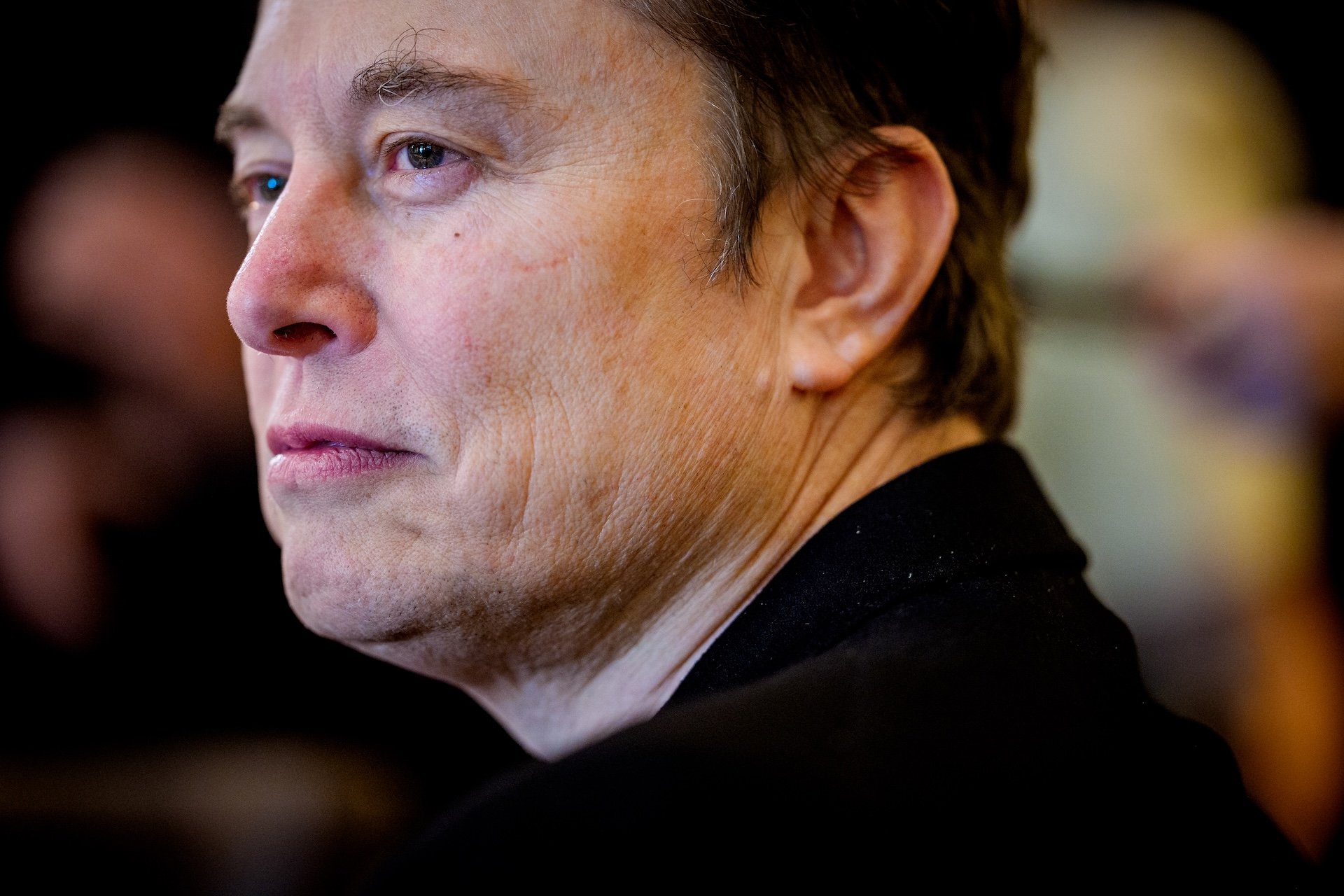Elon Musk’s SpaceX, a significant player in commercial spaceflight and a primary launch provider for the U.S. government, may have engaged in extensive federal tax avoidance since its inception in 2002. An investigation by The New York Times reveals that the company has utilized net operating loss (NOL) carryforwards to sidestep federal income taxes, allowing it to accumulate substantial tax benefits over the years.
According to internal documents examined by The New York Times, SpaceX had amassed nearly $5.4 billion in tax losses by the end of 2021. This provision enables the company to offset future taxable income with past losses, a strategy bolstered in 2017 when then-President Donald Trump removed its expiration date. As a result, SpaceX can apply almost $3 billion in these past losses against future taxable income indefinitely.
In a recent statement shared on his social media platform X, Musk forecasted that SpaceX’s revenue would surpass NASA’s entire budget next year, estimating it to reach a staggering $15.5 billion. This marks a significant increase from the company’s projected $13.1 billion revenue in 2024, up from $8.7 billion in 2023, according to Payload.
SpaceX’s financial growth has been heavily supported by federal funding. A February 2024 analysis by the Washington Post identified that Musk and his ventures have received at least $38 billion in government contracts, loans, subsidies, and tax credits over the past two decades. The report also highlighted that SpaceX holds 52 ongoing contracts across seven government agencies, including NASA and the Department of Defense, which could yield an additional $11.8 billion in the coming years.
A substantial portion of SpaceX’s revenue is derived from federal contracts, with nearly 84% of its revenue in 2020 and 76% in 2021 coming from government sources. Tax experts noted that avoiding over $5 billion in federal income taxes is particularly significant for a company so reliant on government contracts.
While SpaceX has reportedly paid some taxes to foreign and state governments since 2002, it appears to have largely avoided federal taxation, raising concerns about the relationship between federal funding and tax contributions. The situation presents a notable paradox: a company benefiting greatly from public investments may contribute relatively little back to federal coffers.
Looking ahead, SpaceX’s integral role in the U.S. space economy and national defense suggests that this dynamic will persist. As the company continues to secure lucrative government contracts, questions about its tax strategies and their implications for public funding remain critical in the ongoing discourse surrounding corporate tax responsibilities.







































































